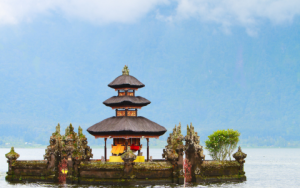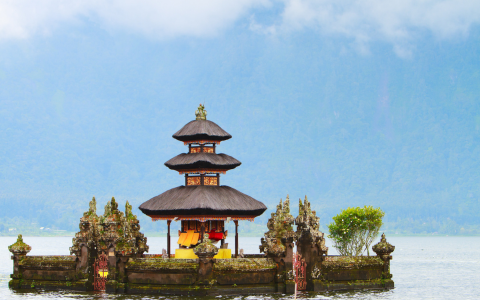Indonesia, with its growing economy and strategic location, offers a range of business structures to suit different investment needs. Choosing the right business entity is crucial for compliance, taxation, and operational efficiency. This article explores the key differences between PT (Perseroan Terbatas), CV (Commanditaire Vennootschap), and PT PMA (Penanaman Modal Asing) to help you decide which structure best fits your business.
1. PT (Perseroan Terbatas)
Overview
A PT (Perseroan Terbatas) is a limited liability company that is the most common business structure in Indonesia. It is suitable for both small and large businesses and offers the advantage of limited liability protection to its shareholders.
Key Characteristics
- Ownership: Can only be fully owned by Indonesian nationals.
- Liability: Shareholders’ liability is limited to their investment in the company.
- Capital Requirements: Generally lower capital requirements compared to PT PMA.
- Management: Managed by a Board of Directors, with oversight by a Board of Commissioners.
Pros
- Limited liability for shareholders.
- Easier to attract local investors.
- More straightforward setup and lower initial capital requirements.
Cons
- Not suitable for foreign ownership.
- Regulatory restrictions on certain business activities.
Best For
- Local entrepreneurs looking to establish a domestic business.
- Businesses that do not require foreign investment or ownership.
2. CV (Commanditaire Vennootschap)
Overview
A CV (Commanditaire Vennootschap) is a partnership structure commonly used by small and medium-sized enterprises (SMEs) in Indonesia. It consists of two types of partners: active (complementary) partners who manage the business and silent (limited) partners who invest capital but do not participate in management.
Key Characteristics
- Ownership: Can be owned by Indonesian nationals only.
- Liability: Active partners have unlimited liability, while silent partners have limited liability up to their investment.
- Capital Requirements: No minimum capital requirement.
- Management: Managed by active partners.
Pros
- Simple and flexible structure.
- No minimum capital requirement.
- Suitable for SMEs and family businesses.
Cons
- Active partners have unlimited liability.
- Not suitable for businesses requiring significant capital investment or foreign ownership.
Best For
- Small and medium-sized local businesses.
- Family-run enterprises or partnerships with clear roles for active and silent partners.
3. PT PMA (Penanaman Modal Asing)
Overview
A PT PMA (Penanaman Modal Asing) is a foreign direct investment company that allows foreign investors to establish and own a business in Indonesia. It is designed to facilitate international investment and is subject to specific regulations and requirements.
Key Characteristics
- Ownership: Allows partial or full foreign ownership, depending on the business sector.
- Liability: Shareholders’ liability is limited to their investment in the company.
- Capital Requirements: Higher minimum capital requirement, typically around USD 700,000 (IDR 10 billion) with at least 25% paid-up capital.
- Management: Managed by a Board of Directors, with oversight by a Board of Commissioners.
Pros
- Enables foreign ownership and investment.
- Limited liability for shareholders.
- Access to broader market opportunities and potential for international expansion.
Cons
- Higher capital requirements.
- More complex regulatory and compliance obligations.
- Subject to foreign ownership restrictions in certain sectors.
Best For
- Foreign investors seeking to establish a presence in Indonesia.
- Large-scale businesses requiring significant capital investment.
- Enterprises looking to engage in sectors open to foreign investment.
Choosing the right business structure in Indonesia depends on your specific needs, ownership preferences, and investment goals. Here’s a quick summary to help you decide:
- PT (Perseroan Terbatas): Ideal for local entrepreneurs and businesses with only Indonesian ownership. It offers limited liability protection and is easier to set up with lower capital requirements.
- CV (Commanditaire Vennootschap): Suitable for small and medium-sized enterprises and family businesses. It offers flexibility but comes with unlimited liability for active partners.
- PT PMA (Penanaman Modal Asing): Best for foreign investors and large-scale businesses. It allows foreign ownership and access to international markets but requires higher capital and compliance with specific regulations.
Carefully consider your business goals, investment capacity, and the level of control and liability you are comfortable with when choosing the structure that best fits your needs. Engaging professional legal and business consultants can provide valuable guidance and ensure a smooth setup process in Indonesia.
















